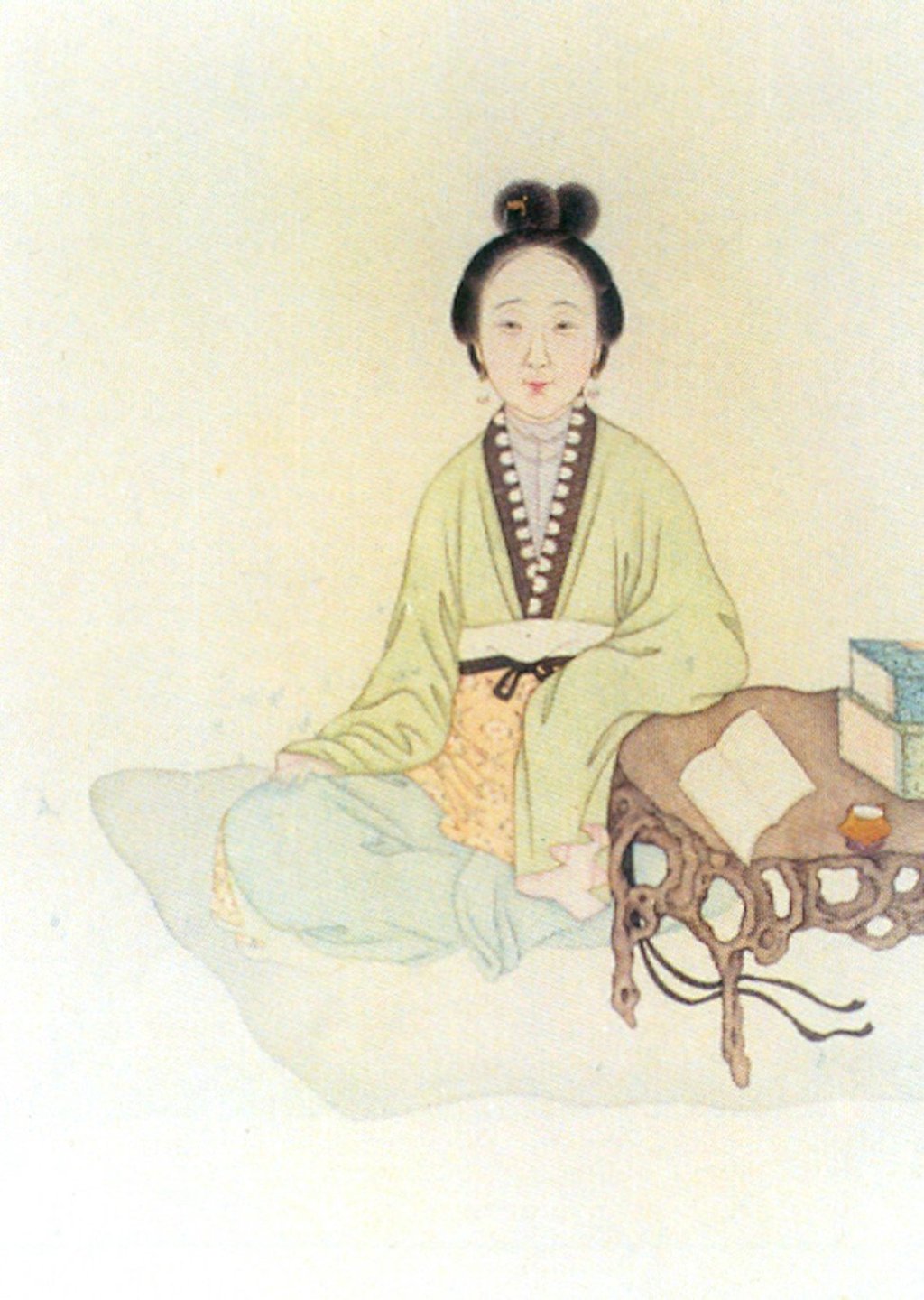A remote Chinese village kept a courtesan’s secret for centuries – now its founding mother takes centre stage
- One of China’s great beauties, Chen Yuanyuan was born to a peasant family, orphaned and sold as a prostitute
- She later became consort of Wu Sangui, a great general and despised traitor, what eventually became of her was never known

Majia Zhai, the “Ma clan stockade”, is a remote village in the northeast of China’s Guizhou province, up near the border with Hunan. Home to about 1,000 people, it’s named after the Ming-dynasty general Ma Bao, and in the circumstances you would expect it to be populated by his descendants, all of them also surnamed Ma. And yet everyone in the village is named Wu. It’s a mystery wrapped up with tales of rebellion, the fall of an imperial dynasty and the fate of Chen Yuanyuan, one of China’s famous beauties.
Born around 1623 to a peasant family and orphaned at an early age, according to biographers, Chen grew up with relatives in Suzhou, a canal town in eastern Jiangsu province renowned for its elegant gardens and beautiful women. Already an accomplished musician, at the age of 14 she was sold as a courtesan – a cultured escort for wealthy patrons as much as a prostitute – and soon became the darling of Suzhou’s literati and wealthy elite.
In 1641, she had a brief relationship with the poet and calligrapher Mao Xiang, who described Chen as “nonchalant but charming [...] a lone phoenix fluttering behind a screen of mist”, but the next year was “acquired” – kidnapped or bought – by the household of the powerful courtier Tian Hongyu. Tian died soon afterwards and, at the age of 21, Chen was sold to a new admirer, general Wu Sangui.
It was early 1644 and the Ming dynasty was falling apart. The imperial capital, Beijing, was under siege from the rebel warlord Li Zicheng, while 200km to the north, invading Manchu armies were lapping at the Great Wall, kept at bay only by Wu’s forces.

On April 25, news came that the last Ming emperor, Chongzhen, had hanged himself. Li’s rebels stormed Beijing and, to ensure Wu’s loyalty to the new regime, took his father and Chen as hostages. But Wu, furious at being blackmailed and now without an emperor to defend, sided with the Manchus, who he hoped would help him rescue Chen, and let them through the Great Wall. The Manchu armies poured in, chased away Li, took Beijing as their capital and founded the Qing dynasty.
While the Qing consolidated their hold on eastern China, Wu was packed off to pacify the distant southwestern border provinces. There he spent the next 30 years, campaigning and building a private kingdom in Yunnan province, until his Manchu overlords – concerned at Wu’s growing power – recalled him for retirement. Wu refused to return, instead joining forces with the governors of Guangdong and Fujian provinces, and, in 1673, launched the Revolt of the Three Feudatories.
